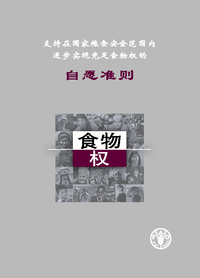Re-encountering resistance: Plantation activism and smallholder production in Thailand and Sarawak, Malaysia
The emergence of social and environmental movements against plantation forestry in Southeast Asia positions rural development against local displacement and environmental degradation. Multi-scaled NGO networks have been active in promoting the notion that rural people in Southeast Asia uniformly oppose plantation development. There are potential pitfalls in this heightened attention to resistance however, as it has often lapsed into essentialist notions of timeless indigenous agricultural practices, and unproblematic local allegiances to common property and conservation.








